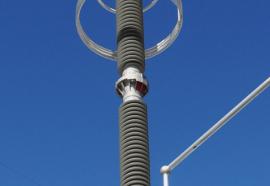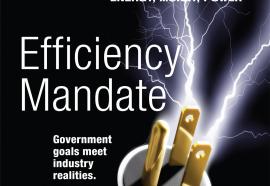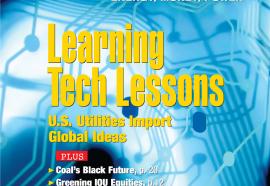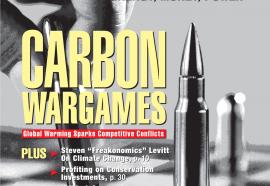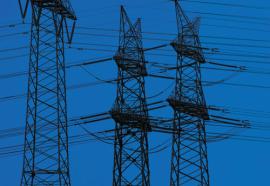Killing the Goose
Second thoughts on transmission’s golden egg.
The electric utility industry offers up a wealth of ideas on how the Federal Energy Regulatory Commission might reform its policy, adopted under FERC Order 679 in 2006, of granting financial incentives for investments in transmission line projects that ensure reliability or mitigate line congestion so as to reduce the cost of delivered power. Fortnightly’s Bruce W. Radford reports.


